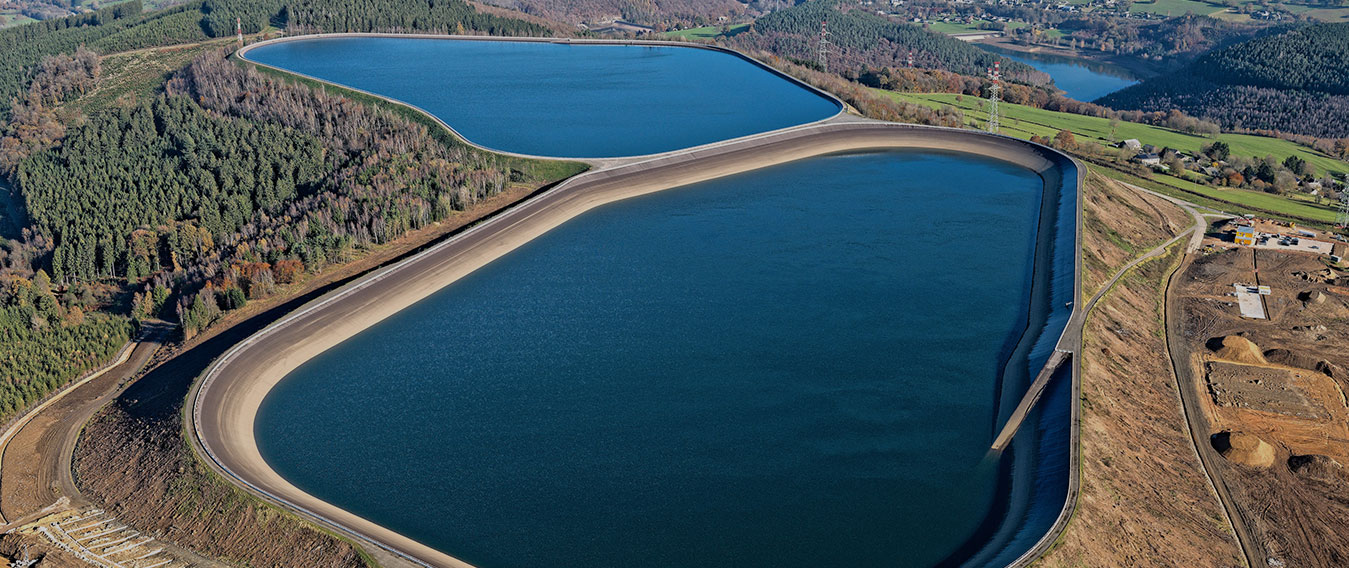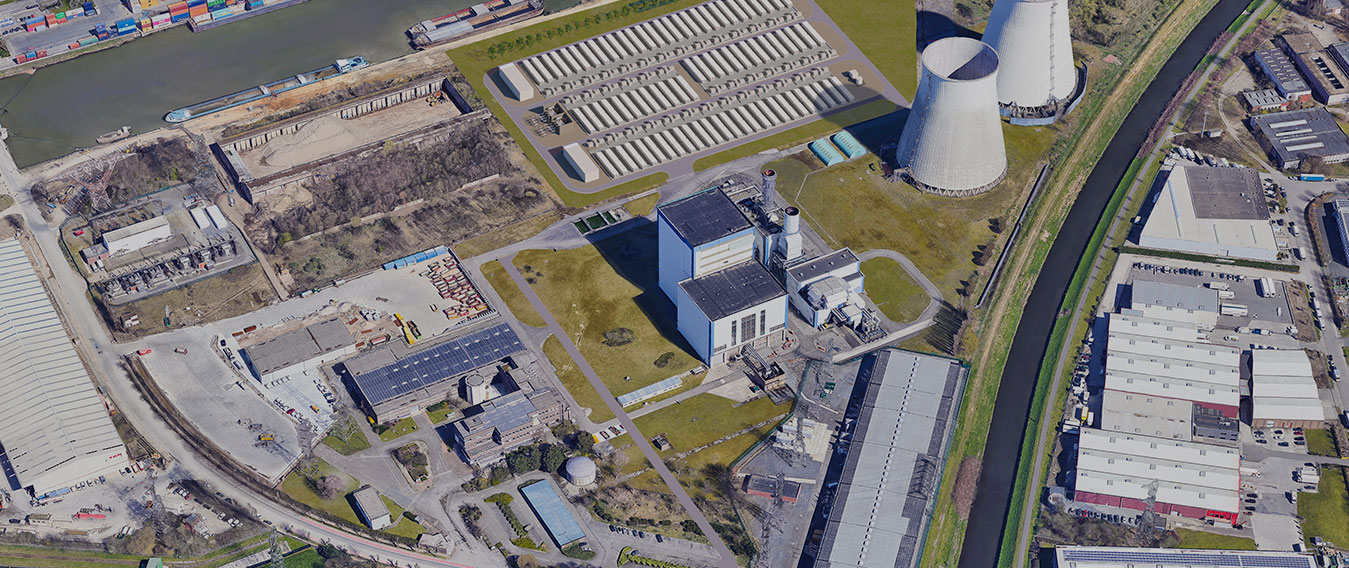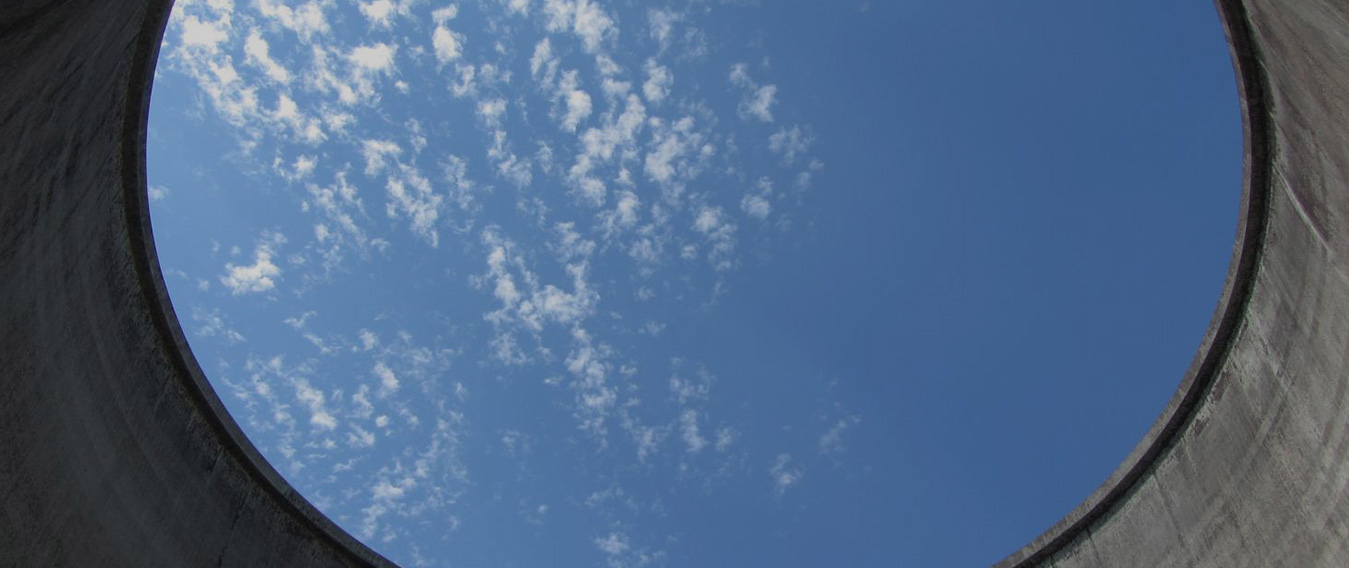
As the leading renewable energy producer in Belgium, ENGIE helps its clients reduce their carbon footprint. “We offer them long-term renewable electricity supply contracts, commonly known as PPAs or Power Purchase Agreements,” explains Liesbeth Verscheure, Industrial Customer Originator at ENGIE GEMS. Spanning up to twenty years, these contracts also shield clients from price volatility.
Tech players lead the charge in this arena. “For several years now, ENGIE has been the preferred partner for tech giants in their decarbonization journey,” explains Stéphane Pirotte, Director of European Sales at GEMS. In Belgium, with over 500 employees and nearly 20,000 B2B clients, it's the second-largest platform globally, after Paris. For instance, Google, who has strategically operated its data centers in Belgium for 15 years, has worked with GEMS since its establishment in Belgium to achieve its goal of becoming carbon neutral by 2030.
The latest project involves GEMS and the Renewable Business Unit joining forces to select renewable projects near the sites where the American tech giant will build two new hyperscalers, data centers with over 100 MW of power. GEMS had previously inked a deal in 2019, supplying renewable energy for five years from the Norther offshore wind project located in the North Sea. “At that time, it was a global first for Google, signing an 'offshore' PPA for the first time,” says Stéphane Pirotte.
Reference Contracts for Other Sectors
However, these contracts also interest industries in other sectors. About ten companies, including the agri-food company Agristo, circular material technology leader Umicore, mobile operator Proximus, and pharmaceutical giant Pfizer, have signed five-year contracts with GEMS. “Until the end of 2028, we will distribute to them a portion of the energy produced by the C-Power offshore wind farm located in the Belgian North Sea,” explains Stéphane Pirotte.
The main challenge with such contracts is ensuring continuous access to electricity from renewable sources, matching their instantaneous consumption. “In this respect, GEMS differentiates itself from competitors: its portfolio is diversified enough to compensate for production at any time,” says Liesbeth Verscheure. Currently, this compensation is made via the “traditional” grid. However, ENGIE and GEMS are exploring solutions to store energy in large-scale batteries or use hydrogen. “We are co-developing solutions with Google to tackle the intermittency challenge,” continues Liesbeth Verscheure. The goal? “To work hand in hand with major tech companies to address this challenge and then extend the benefits to all companies.”
Did You Know?In the domain of energy-intensive industries, ENGIE Belgium is committed to concluding the equivalent of nearly 1,000 MW of PPAs by 2030, of which 350 MW have already been signed. |



